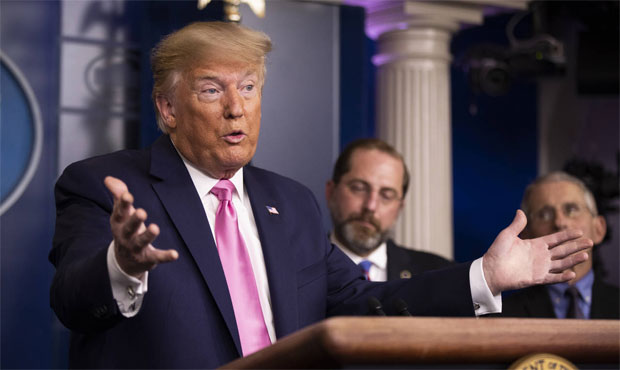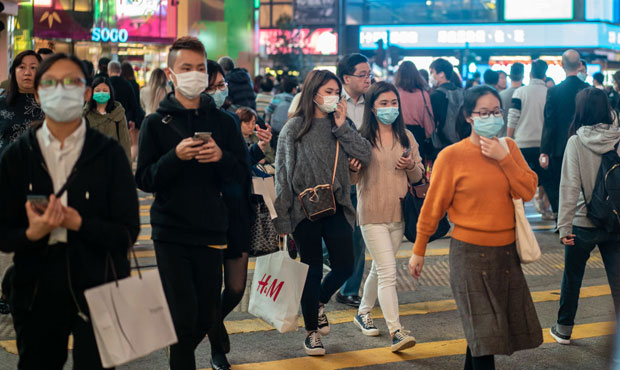Council candidate Ari Hoffman on viaduct solutions, bike lanes, and more
Jan 14, 2019, 4:49 PM | Updated: Jan 15, 2019, 7:55 am

Former Seattle City Council candidate Ari Hoffman and his wife. (Courtesy of Ari Hoffman)
(Courtesy of Ari Hoffman)
Ari Hoffman is steadily campaigning for Seattle City Council, and is making the rounds to convey his approach to the city. When he spoke with Saul Spady on KTTH, they got one hot button issue out of the way right from the start.
“A hot dog is not a sandwich,” Hoffman firmly said. “When I have a hot dog, I’m still hungry afterwards. When I eat a sandwich, I’m not hungry afterwards. If you put chili on a hot dog, or something that makes it bigger, now you have a chili dog that is no longer a hot dog — that could be a sandwich.”
The council candidate didn’t spend too much time on the great sandwich versus hot dog debate. He pressed on some more important issues facing Seattle, and it’s those issues he wants to address as a council member.
RELATED: Seattle bike commuting at record lows
RELATED: Seattle City Council up for massive overhaul in 2019
Hoffman is running for District 2, currently represented by Bruce Harrell who is not running for re-election. It covers Rainier Beach and parts of the International District and SoDo.
Viadoom
Hoffman says that the viaduct closure is a perfect example of how he thinks differently than many of the city’s and region’s leaders.
“The first thing I would have done is I would have shut (the viaduct) down over Christmas and New Year’s break, because then less people were commuting,” he said. “That would have made a lot more sense …. and instead of demonizing people who drive cars, let’s find a way to incentivize people who drive cars.”
“Let’s say a person like me, who drives to work, you can incentivize them to register as a carpool and get money off your car tabs. Or the city owns a whole bunch of parking garages; we could discount parking if you are bringing a whole bunch of people in with you. That’s a way to incentivize drivers and then you don’t have to spend money on the vanpools the city pays for,” he added.
Traffic system
Another traffic idea promoted by Saul is to divert streetcar money — which he says moves slower than people walking — and use it to provide discounts for car tabs or free buses. Hoffman is open to such ideas.
Bikes are another issue.
“Only 2.5 percent of Seattle commuters are the ones who are commuting by bike,” Hoffman said. “Would it be nice to have bike lanes that go everywhere? Sure. But the routing of the bike lanes is affecting regular traffic patterns. If they did it as a more efficient route — I know in my neighborhood … it doesn’t make much sense — then more people might actually use it. And it rains eight months out of the year.”
Moderate Seattle and Ari Hoffman
Hoffman said that in many of the cities he lived in, he never paid much attention to the names of the city council members. It didn’t affect his life.
“It must have gotten really bad here for me to know every single one of them by name and face,” Hoffman said. “And that’s how most Seattle residents feel at this point … and the good news about the (council) race this time, is that you can look at me and see the rational choices and rational ideas, and the other ideas are Socialist ones which have failed in Seattle.”
Hoffman says he supports the new Seattle police contract, and wants police to enforce laws on the books for parking, vagrancy, and panhandling — which hasn’t been done in a while.
Homelessness
Despite what Hoffman’s opposition, Tammy Morales, says, he argues he is not a political insider in Seattle — quite the opposite. His interaction with Seattle politics has been more from the grassroots level.
“Anybody who has walked around the streets of District 2 will tell you that they see the homeless epidemic everywhere, they see the crime rising everywhere, and that is caused by the Socialist policies by the Seattle City Council,” Hoffman said. “We need common sense, compassionate, practical solutions to fix them.”
Those solutions are numerous. Hoffman points people to his website to see his approach. That includes ending low-barrier encampments, and triaging the homeless population in FEMA-style tents. He also wants policy to note the distinction between people who want help, and those who don’t.
“We have to dispel some rumors,” Hoffman said. “Saying that the sweeps are not compassionate or not moral is just plain wrong — 30 percent of the people they found in the Jungle were children …. most of the people in the Northgate sweep that they just did, did not accept treatment services. So who are these people living on the street? We need to get them mental health treatment. We need to get them drug addiction treatment. We don’t need to give them mobile injection sites to give them more heroin. And we need to get housing for people who are trying to get back on their feet.”












